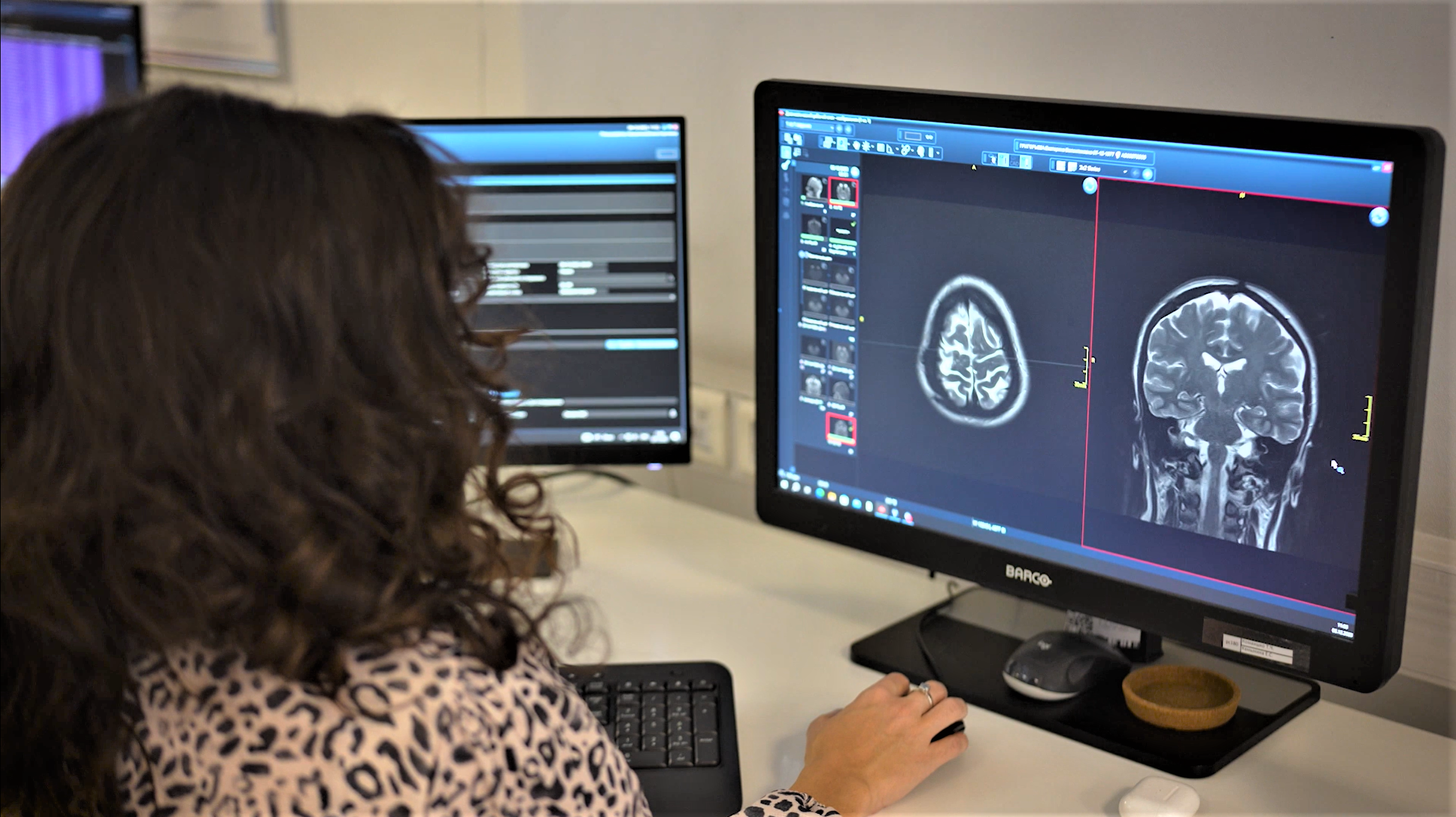Two artificial intelligence (AI) services, designed to identify indications of hemorrhagic and ischemic strokes through the analysis of brain computed tomography (CT) scans, have been inaugurated in the capital. This groundbreaking initiative facilitates the early detection of diseases and enables vigilant monitoring of subtle changes in patients' conditions.
"The seventh and eighth integrated services, grounded in artificial intelligence, are now scrutinizing studies of Moscow patients. This marks the country's pioneering solution for interpreting brain CT scans. Neural networks will assist emergency physicians in promptly identifying signs of ischemic stroke and hemorrhage, calculating crucial indicators, ultimately contributing to saving patients' lives. In instances such as a suspected ischemic stroke, where a brain CT scan is conducted upon admission to the hospital, the comprehensive service swiftly determines the lesion area and assesses its volume. In cases of ischemic stroke complicated by hemorrhage, the service promptly identifies these conditions, aiding the physician in making swift treatment decisions. Speed is paramount in such situations and significantly impacts an individual's future quality of life," stated Anastasia Rakova, Deputy Mayor of Moscow for Social Development.
Presently, approximately 60 AI services are dedicated to detecting signs of diseases across 29 clinical areas. Moscow's healthcare system is already benefiting from eight integrated solutions, which have analyzed over 150 thousand CT studies. The core feature of this comprehensive service lies in the identification of multiple diseases within a single medical image. For instance, while the primary focus of a study might be ruling out pneumonia, artificial intelligence can additionally detect signs of osteoporosis, alerting the attending physician. The neural network, operating on medical images, highlights abnormal areas in color, conducts necessary measurements, and generates a descriptive text.
Yury Vasiliev, CEO of the Center for Diagnostics and Telemedicine within the Department of Healthcare, emphasized that the majority of complex artificial intelligence solutions supporting Moscow's radiologists are domestically developed.
"On a single medical image, the neural network identifies up to 10 signs of various pathologies and independently performs all necessary measurements as a virtual ruler. Moscow welcomes collaboration for the joint validation of innovative technologies with other Russian regions. For instance, next year, doctors in the Yamalo-Nenets Autonomous District will utilize such comprehensive services," he remarked.
These algorithms operate within the framework of a scientific experiment on the integration of computer vision technologies into radial diagnostics. The initiative is a collaborative effort between the Moscow Social Development Complex and the Moscow Department of Information Technologies, based at the Center for Diagnostics and Telemedicine. This year, a primary focus has been on testing and integrating complex solutions into the daily operations of medical professionals.

 Two artificial intelligence (AI) services, designed to identify indications of hemorrhagic and ischemic strokes through the analysis of brain computed tomography (CT) scans, have been inaugurated in Moscow.
Two artificial intelligence (AI) services, designed to identify indications of hemorrhagic and ischemic strokes through the analysis of brain computed tomography (CT) scans, have been inaugurated in Moscow.


















.jpg)















